FRESH STREET#5 - INTERVIEW WITH SHO SHIBATA, DIRECTOR OF OAUK
As FRESH STREET #5—the International Conference for the Development of Outdoor Arts—prepares to convene in Great Yarmouth from May 28 to 30, 2025, the spotlight turns to the town's vibrant cultural landscape. This year's edition, co-organised by Circostrada Network and Out There Arts, marks a significant moment as it brings together artists, programmers, producers, researchers, and policymakers from across Europe and beyond to reimagine the future of outdoor arts.
In this context, Circostrada presents an interview with Sho Shibata, Director of OutdoorArtsUK (OAUK). Sho discusses OAUK's evolution from its origins as the Independent Street Arts Network (ISAN) in the late 1990s to its current role as a membership organisation supporting high-quality arts outside conventional venues.
OutdoorArtsUK plays a key role in supporting and advocating for the outdoor arts sector across the UK. Can you outline the organisation’s development and the vision that has shaped its work over the years?
OutdoorArtsUK (OAUK) is a membership organisation that supports and advocates for high quality arts taking place outside of conventional arts buildings. We currently have 512 members. OAUK started out as Independent Street Arts Network (ISAN) in the late 1990s. It initially consisted of festival producers and programmers who came together to raise the profile of our sector. ISAN began to receive core funding from Arts Council England in 2004, which was substantially increased in 2008. ISAN was one of the beneficiaries of Outdoor Arts gaining traction when London won the right to host the 2012 Games. ISAN had a history of widening its network to include a diversity of voices. In the mid 2000s, it expanded its membership to include artists and companies and changed its name in 2018 to OutdoorArtsUK to include festivals and events taking place for rural communities. I became its Director in February 2024 to carry on this trajectory of making our membership and the sector more diverse and inclusive. We believe that diversity is what makes the arts more exciting because it creates a hotbed for innovation and new perspectives.
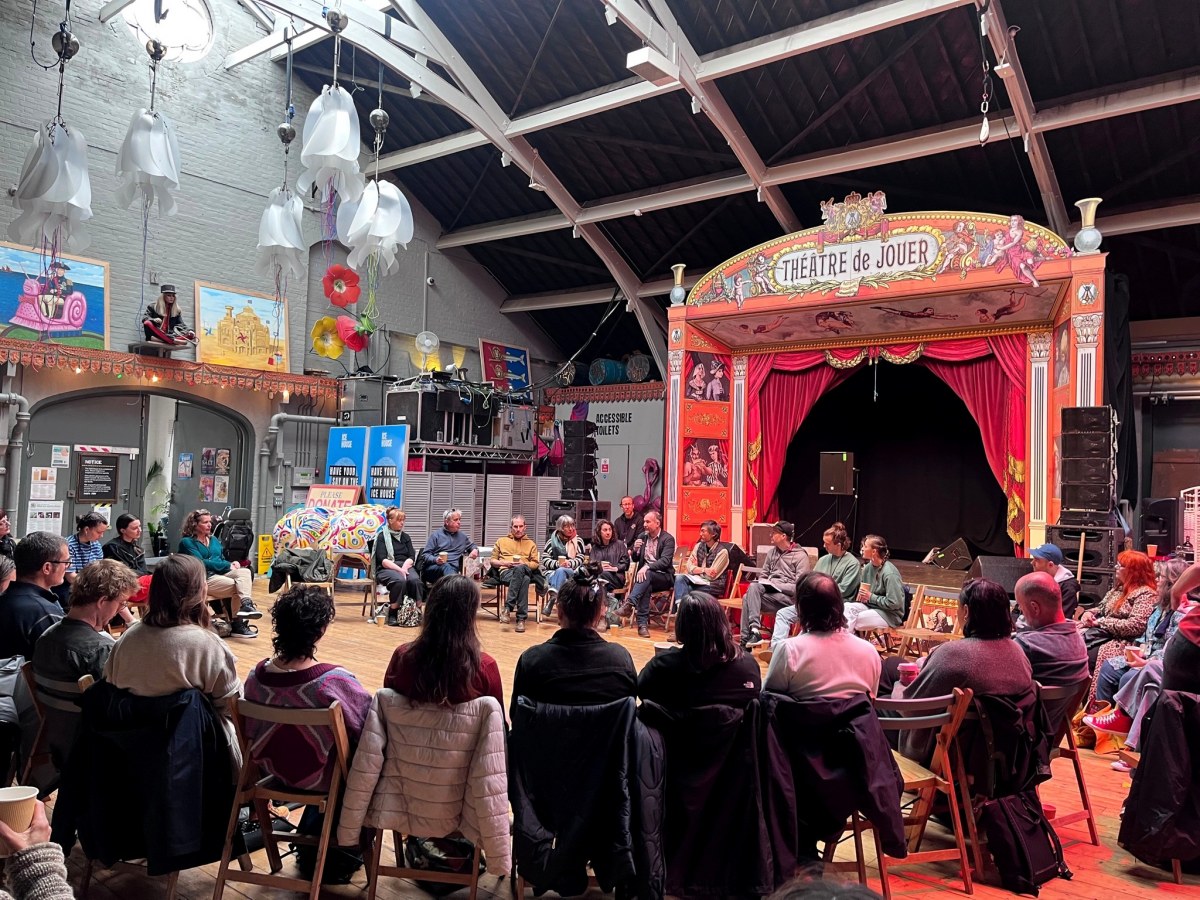
Collaboration is at the heart of the outdoor arts sector. How does OutdoorArtsUK facilitate partnerships between artists, festivals, and local authorities to strengthen the field both nationally and internationally?
OAUK runs networking events, training sessions, and study trips where people come together to exchange ideas and share experiences. Our activities are often dynamic, full of spirit and energy because we have so many passionate and proactive individuals in our membership. Our annual conference involves various panel talks and opportunities for delegates to engage in dialogues. Our last conference attracted 350 delegates, and it was very fulfilling to see our members come together and enthusiastically exchange their views. Meaningful relationships are nurtured through rich conversations, and this is the basis of hatching great projects. As a membership organisation, our focus is to create fertile grounds for these meetings of minds. We run smaller programmes too, such as our study visits Festival Focus, which gives smaller cohorts of people more concentrated opportunities for relationship building and knowledge sharing. OAUK is a national organisation, so our focus tends to be activities taking place within the UK. We are a tiny organisation too, with only two full-time staff. However, we do have international reach thanks to working in partnership with other organisations. For example, OAUK is supporting Out There Arts to present FRESH STREET #5 1, and we often work with Xtrax to fly the UK flag in international events like FiraTarrega. OAUK has been a member of Circostrada too since 2015, and I am pleased to have joined its newly established Diversity Team. I do have quite a lot of experience touring internationally, as I was the Executive Producer of Stopgap Dance Company previously, so I rely heavily on my professional experience when thinking about the UK on the international scene.
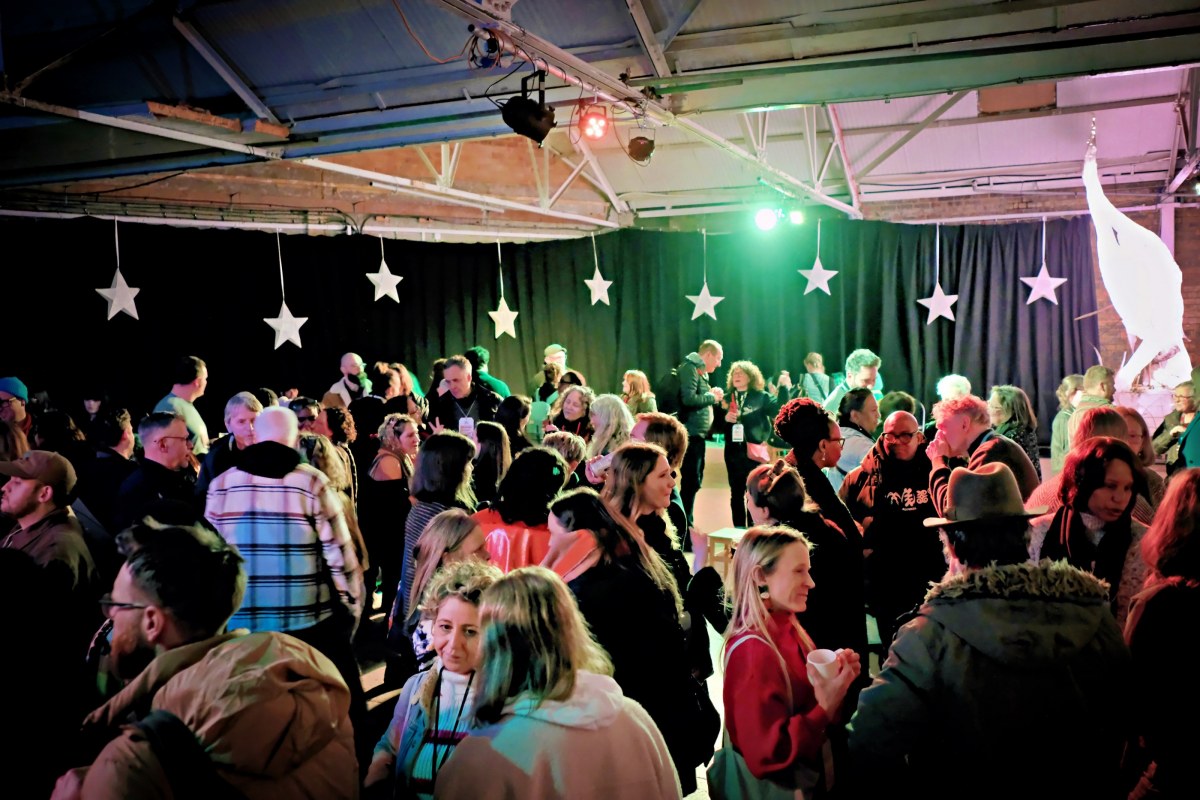
Why is it important to advocate for outdoor arts, and what role does OutdoorArtsUK play in ensuring its continued growth and visibility?
As we all know in the sector, we are the best vehicle for taking high-quality art to audiences who don’t think the arts are for them. This is our superpower and we should use this to our full advantage for advocacy. There’s growing evidence that the arts can have a positive impact on people’s health and wellbeing, social cohesion and the local economy, so if we are the best vehicle to take the arts to people who are underserved by the arts, we are then also best placed to spread the wider benefits of arts engagement to every corner of the country. This in theory puts us in a strong position to expand our work because we are bang on trend with the UK arts policy. Just to be clear though, I am against instrumentalisation and economisation of the arts because it can demean and distract artistic processes. And I don’t think UK arts policy is necessarily promoting that either. The arts industry wanting to focus on creating high quality work is a given, but if it has been proven that our work has positive societal impact, we should surely use it to convince Governments, non-arts bodies and businesses to work with us and enable more people to reap the benefits of arts engagement. What the policy is asking us to do though, is to change the way we make decisions. We are encouraged to take into consideration the voices of communities who have been historically underserved by the arts. Listening to diverse voices can lead to creative innovation, while making your work relevant and inclusive to these communities. We need to embrace an inclusive co-design process, and I believe our sector is generally very good at it. I think we can offer new perspectives for indoor arts colleagues as well, which I have written about in a previous article 2. Contrary to what colleagues think, I don’t think we have been asked to only make work that addresses societal issues, or put communities into our performances, or make popular shows that only appeal to new audiences. We just need to get better at connecting with the wider public. This is my reading of Arts Council England’s Let’s Create Strategy 3 and the reason why I am a keen supporter 4.
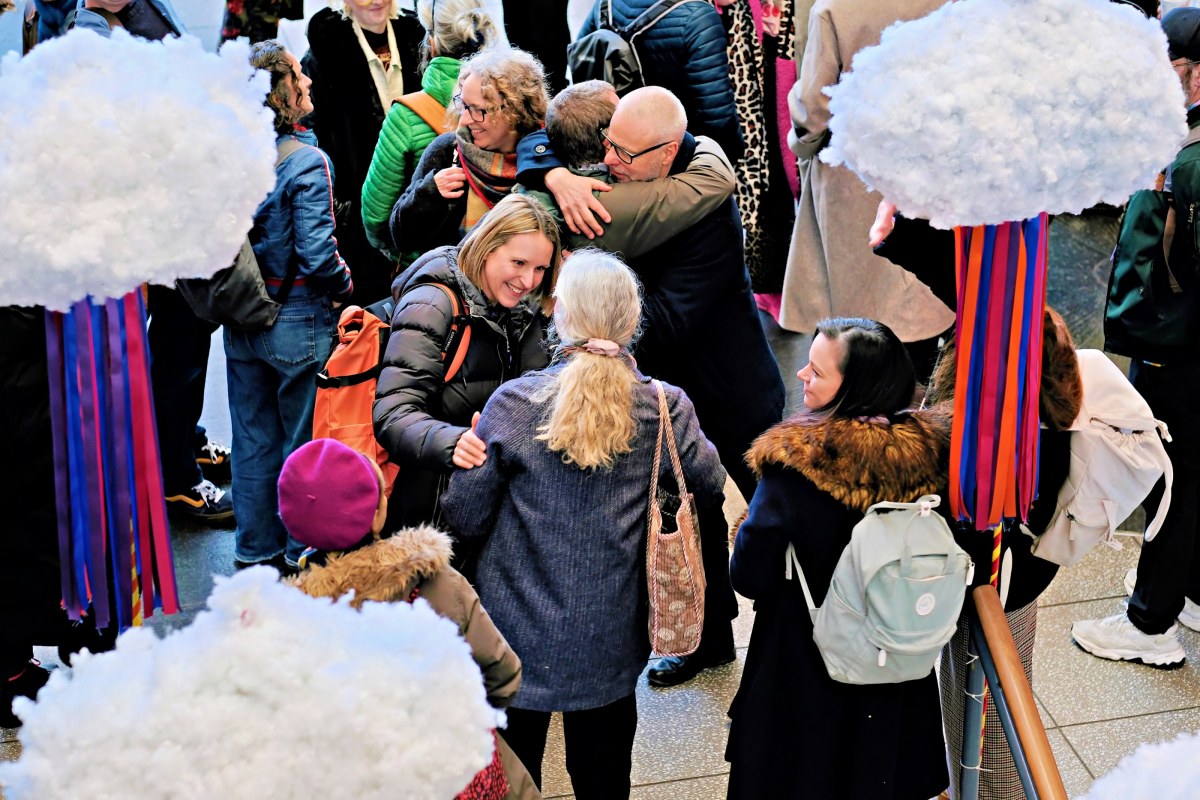
What do you see as the biggest challenges facing the outdoor arts sector in the UK today, and what steps do you think need to be taken to strengthen their future?
Many of the Local Authorities have been facing huge budgetary problems for a while now, and this is particularly damaging for our sector because they have been the backbone of free outdoor events historically. The Local Government Association recently reported to the Public Accounts Committee that the funding gap faced by these authorities could reach £8.4 billion by 2028/29, which would impact many critical council services. Culture budget is only going to get squeezed further in this situation. The new Labour Government is implementing devolution of Local Authorities, which will enable councils to pool their resources together through mergers. Although this will not answer the immediate funding crisis, this gives us some hope because larger councils that still support culture could lobby for its importance as they merge with other councils. Our sector needs to get into conversations with supportive councils and make sure culture is higher up in the agenda amidst these devolution deals for longer-term gain. In the meanwhile, we do need to review the way things are done to keep our sector going. Brexit poses another particular problem and compounds the sector’s vulnerability. The red tape and increased cost of touring to Europe has caused a cliff edge for some companies. I think this is well understood by the politicians, and there’s commitment to make this better (although it’s very uncertain when this will happen). For the time being, I urge EU colleagues to explore bringing UK companies more, as we have definitely got better at dealing with Brexit. The UK must also regain access to EU funding like Erasmus+, Creative Europe, and Interreg. They were not just sources of income for UK Outdoor Arts and Circus; they supported artist exchange and infrastructure development, helping colleagues across borders to build relationships. These EU funded projects played an important role in UK artists to develop networks and expand their touring activities in the EU. From my perspective, fixing issues around touring only solves half the problem. The UK agreed to rejoin Horizon for science last year, but culture funding was off the table. We feel quite let down by this, given the Government’s contribution to cultural funding would have been much smaller in comparison.
1 FRESH STEET#5 is co-organised by Circostrada Network and Out There Arts in the frame of Out There Festival. The event is co-funded by the European Union, the French ministry of Culture, Arts Council England, the National Lottery Heritage Fund, Without Walls, Norfolk County Council, OutdoorArtsUK, in associated partnership with HH producties and supported by the Hippodrome.
2 https://outdoorartsuk.org/2025/03/outdoor-arts-key-to-increasing-audience-diversity-oauk-director-published-by-arts-professional/

Sho graduated from The London School of Economics and Political Science in 2005. After working at Arts Council England, he joined Stopgap Dance Company in 2008, helping it become a leader in inclusive dance. In 2024, he became Director of OutdoorArtsUK and is also on Arts Council England’s Area Council.



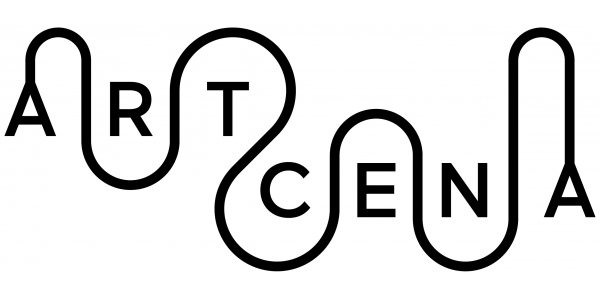

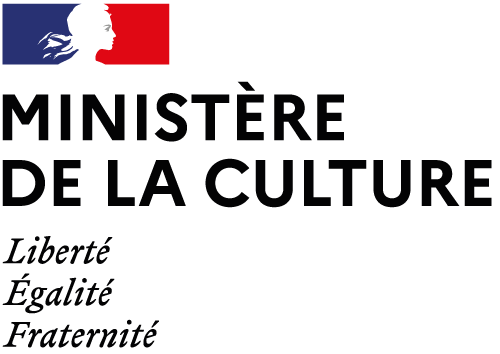
écrivez-nous : infocircostrada@artcena.fr